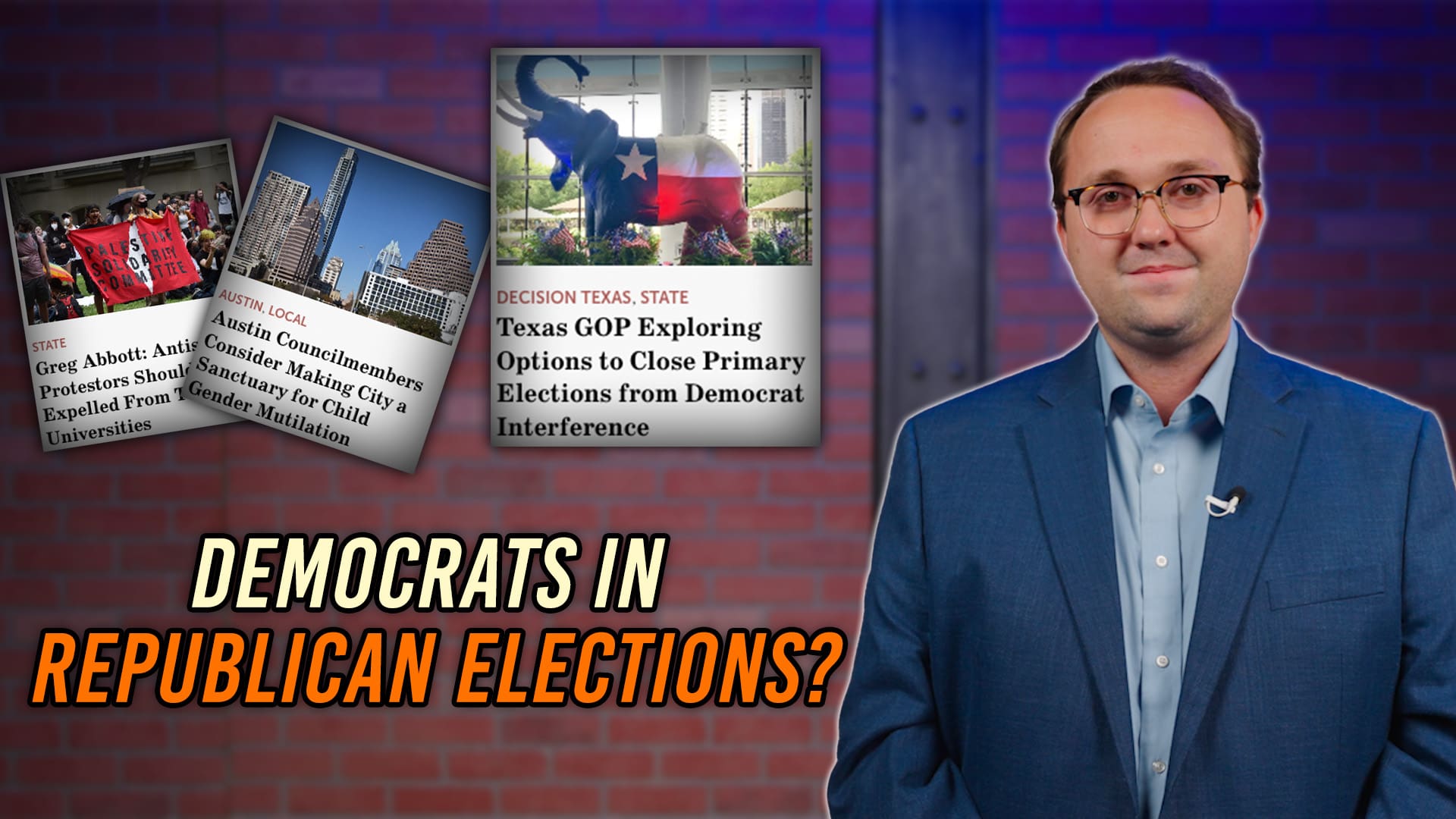Texas taxpayers deserve greater ballot transparency about the tax impact of local debt increases, and they may be getting it in the special session. Lawmakers are taking another look at a bill that empowers voters to make more informed decisions about local debt that’s paid for with property taxes.
In a House Elections Committee hearing on Monday, State Rep. Jim Murphy (R-Houston) reintroduced legislation requiring more ballot disclosures from local governments seeking voter approval to issue debt obligations funded by property taxes – what Murphy calls “Truth in Debt.”
House Bill 110 requires any local debt-issuing entity – municipality, county, school district, or special taxing district – to include specific information on ballots about the new debt’s principal, interest, and most importantly its impact on property taxes.
In addition, HB 110 requires publication of a voter information document, separate from the ballot, that also details the entity’s existing outstanding debt.
Murphy said his bill is designed to “make sure taxpayers are adequately informed when they head to the voting booth” about the effect local debt increases will have on their property taxes.
The taxpayer-friendly proposal is part of Gov. Greg Abbott’s call to reform laws governing ad valorem property taxes.
Texas voters are rightly concerned about both property taxes and local debt, as both are growing at alarming rates.
Bryan Mathew, Texas Public Policy Foundation’s local governance policy analyst, testified that local government debt in Texas totals $342 billion – $12,500 owed by every Texan – and is rapidly growing. TPPF supports HB 110, Mathew said, because it empowers voters with more information about the tax impact of local government debt.
“Local governments are drowning in a sea of red ink. It’s imperative that the Texas Legislature reform the current debt issuance process so that voters are empowered to make the right decisions for their future.”
Murphy asked Chairman Jodie Laubenberg (R-Murphy) to vote the bill out of committee “sooner rather than later” as there are only two weeks left in the special session and “we’ve got to move our stuff along.”
The Elections Committee is scheduled to meet Wednesday afternoon to consider pending business, which includes HB 110 as well as mail-in ballot fraud bill HB 184 that was heard last week. The House continues to lag behind the Senate in moving priority legislation in the special session. Texans expect more.
UPDATE: HB 110 was voted out of the House Elections Committee on Wednesday afternoon.





